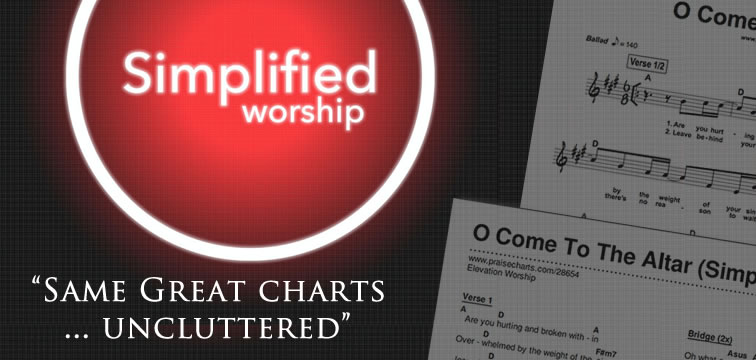Music. . . What Kind?
Featuring Bob Kauflin Posted on June 4, 2010
Music can be deceptive. I once heard of a Christian woman who spent time serving God in South Africa. While visiting a health clinic, she was deeply moved by the sound of the local Zulu women singing. Their harmonies were hauntingly beautiful. With tears in her eyes, she asked a friend if she knew the translation of the words.
“Sure,” her friend replied. “'If you boil the water, you won't get 'dysentery.'”
Now if that doesn't make you want to worship, what does?
Being emotionally affected by music and actually worshiping God aren't the same thing, and no one should know this better than worship leaders. All by itself, music—even instrumental music—can make us cry, motivate us to cheer for our team, provoke us to protest, or fill us with joy.
It's part of the way God designed music to work in his creation. Now if we could only figure out how it works in worship.
A Sad History
Christians have been arguing about music in worship for centuries. And it hasn't always been pretty. Martin Luther, the Protestant Reformer, had strong opinions about music and wasn't afraid to express them. In an introduction to a sixteenth-century collection of chorale motets, he wrote that anyone who didn't appreciate the beauty of these multipart pieces and view them as a gift from God “must be a clod hopper indeed and does not deserve to be called ahuman being; he should be permitted to hear nothing but the braying of assesand the grunting of hogs.”
What Luther lacked in tact and diplomacy, he made up for in his commitment to congregational singing. But battles persisted long after Luther left the scene. Two hundred years later, churches in the American colonies were debating the relative merits of singing by ear and by note. At the sametime, British churches argued about using hymns “of human composure,”particularly by Isaac Watts. One hundred years after Watts died, people would still walk out of a meeting if someone started singing something other than a Psalm set to music.
Since then, the music wars have been fueled by Christian publishinghouses, revivalism, charismatic outpourings, cultural shifts, sound amplification, electronic instruments, and of course, our own sinful hearts.
Does God even care whether or not we use music to worship him? Apparently so. The Bible's longest book is a collection of songs. God commands both instrumental and vocal praise in Scripture. Psalm 150 says we're to praise the Lord with horns, cymbals, and strings. Over fifty times inthe book of Psalms we're told to sing God's praise. Psalm 47 is particularly clear: “Sing praises to God, sing praises! Sing praises to our King, singpraises!” (v. 6). The Bible is filled with references to music, from the dawn of creation to the final scenes in Revelation (Job 38:7; Revelation 15:3).
But if we don't understand God's purpose for music in worship, we can misuse it. Even worse, it can rob God of the glory we want to give him.
Tags: Worship Matters, Worship, Worship Leading, Worshiper, Worship Planning
Related Posts
Other Posts Featuring Bob Kauflin
- Why Confession Is Good for Your Soul and Your Church with Bob Kauflin
- Planning Sunday's Songs-Plan Contextually
- Focus on Projecting Lyrics
- Music Should Display Variety
- Hearing Familiar Words in a Fresh Way
- Planning Sunday's Songs-Plan Selectively
- Planning Sunday's Songs
- Selecting Sunday's Songs-Plan Creatively
